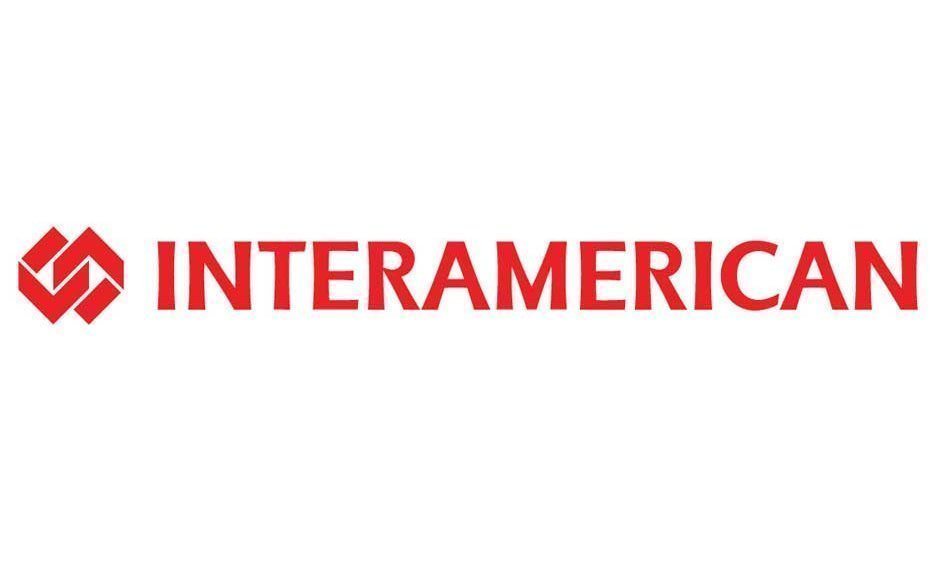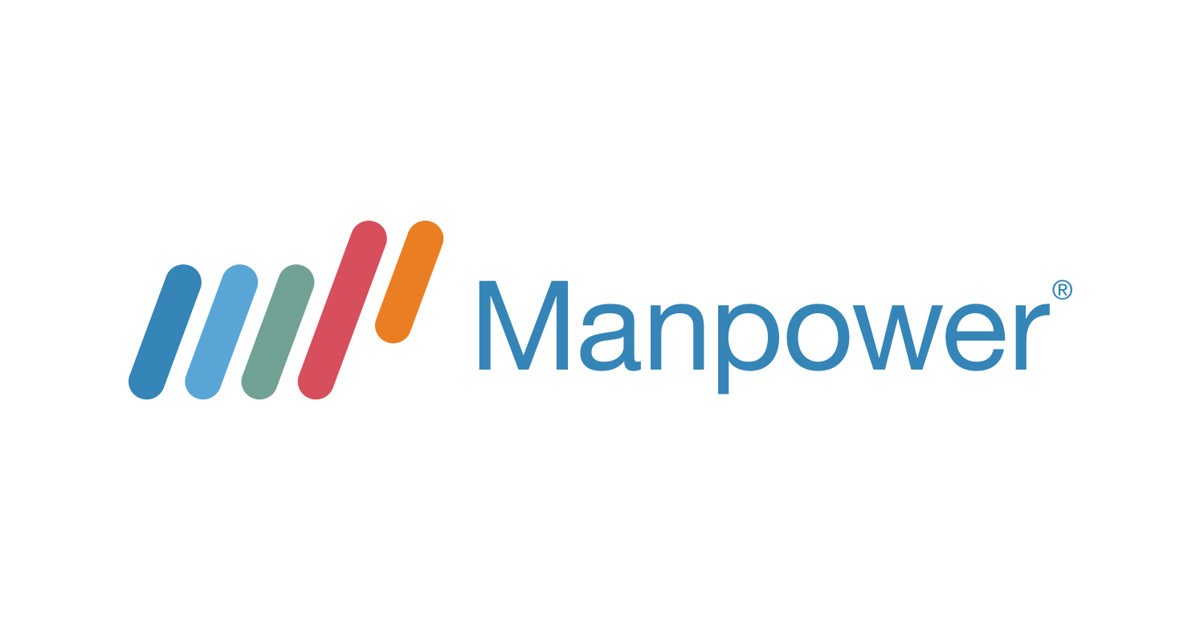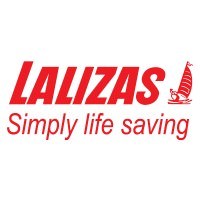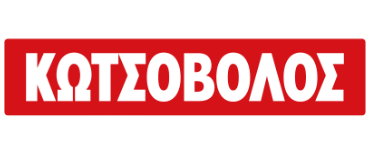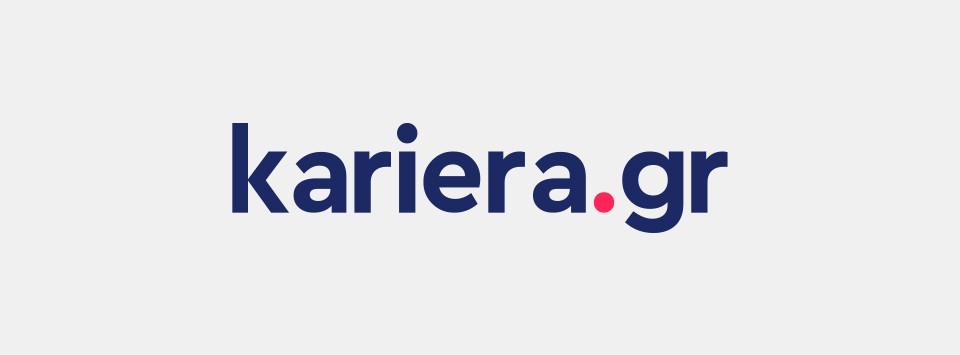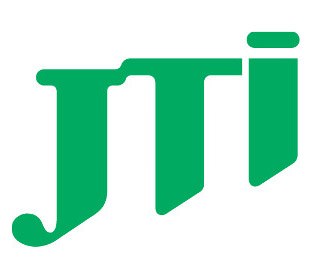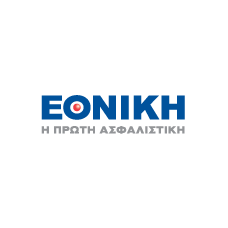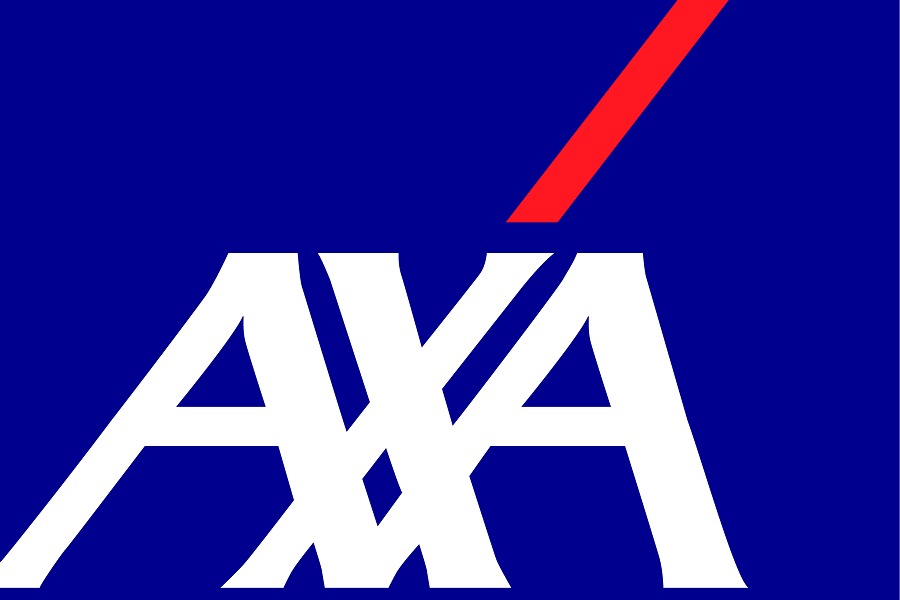
Studying at BCA, you live in Greece but you are exposed to the learning experience designed and provided by a high-level British or Swiss University and you are awarded the same, Bachelor & Master degrees, awarded to UK and Swiss students., which are recognized in the Greek and international labor market. In addition, you will benefit from the digital technology with the specialized online educational platforms developed by BCA and incorporated into the Blended Learning philosophy.

The successful course of BCA is certified by the multiple awards it has received during the years of its educational operation. One of the most important prizes was its announcement of being the “COLLEGE OF THE YEAR”, awarded by the Education Leaders Awards Special Committee. More information on the BCA College Awards can be found here.

The programmes of study provided by BCA College are further enriched with industrial visits, seminars and lectures organised during the year in parallel with the curriculum. These co-curricular activities bridge the academic theory taught in classrooms with current professional practice, transfer students’ know-how and expertise in real time, and connect them with renowned executives, entrepreneurs, and people with key positions in their field.

Applicants can be admitted to the course as long as they possess:
- a second class honours degree from a UK University, or
- a Ptychion of 6.0 and above from an AEI University or
- a Ptychion of 7.0 and above from a TEI University, or
- a Bachelor from an American University with GPA 2.75 and above or equivalent qualification.
Applicants have the option of attending the programme either in English or in Greek. Those who wish to attend our postgraduate programmes in English are required to submit one of the following certifications:
- IELTS: a minimum score of 6.5 (with a minimum score of 5.5 in each component of the test)
- Cambridge English: Proficiency (CPE): Pass at C1 level
- Cambridge English: Advanced (CAE): C and above
- Cambridge English: First (FCE): B and above
- Examination for the Certificate of Proficiency in English (ECPE): P( Pass) and above
- Pearson Academic (PTE): 53 (with a minimum score of 51 in each component of the test)
- BCA IELTS Placement Test: a minimum score of 6.5 (with a minimum score of 5.5 in each component of the test)
- Other English language qualifications may be considered.
Intensive English classes are provided to those students who do not meet the English requirements.





